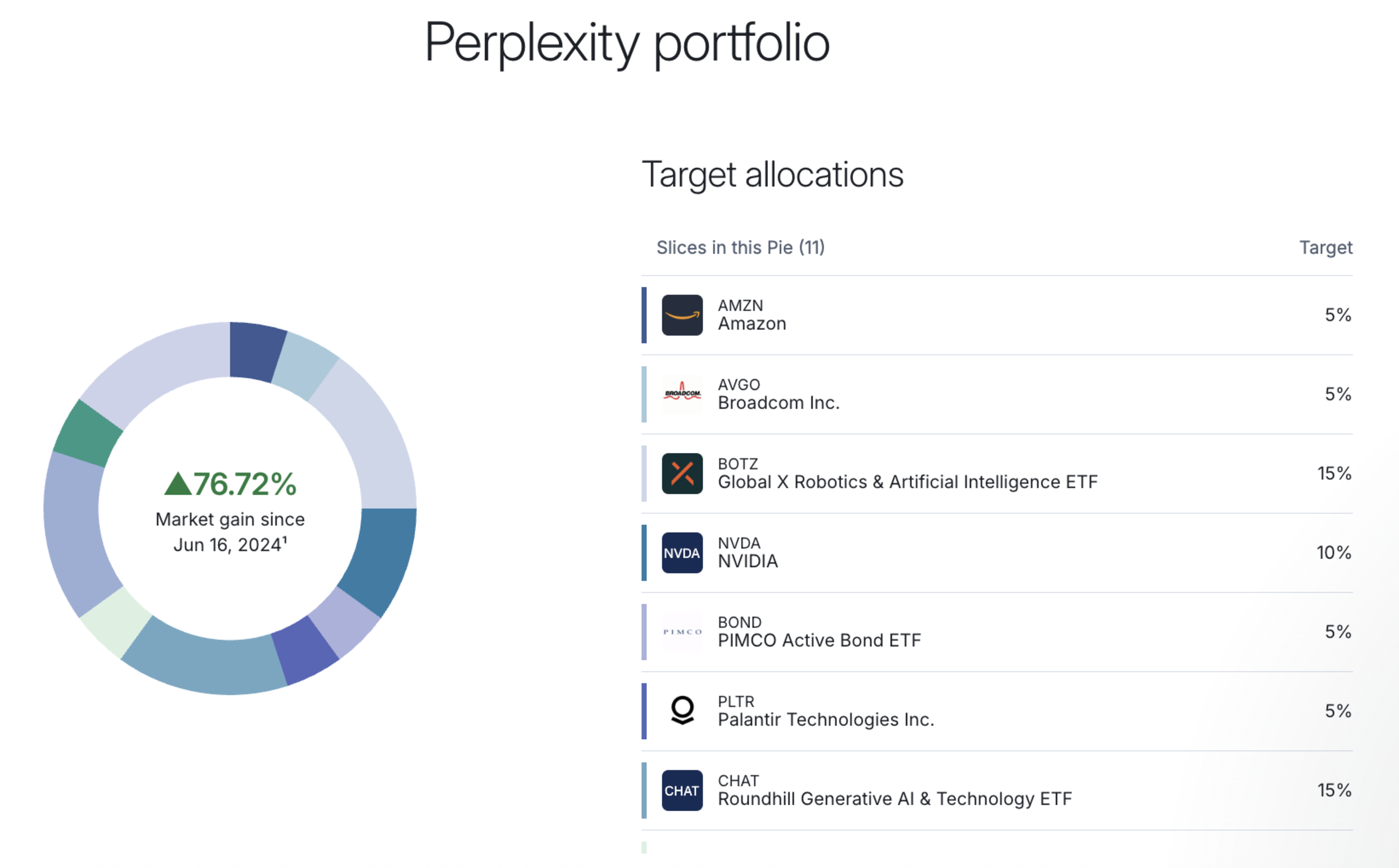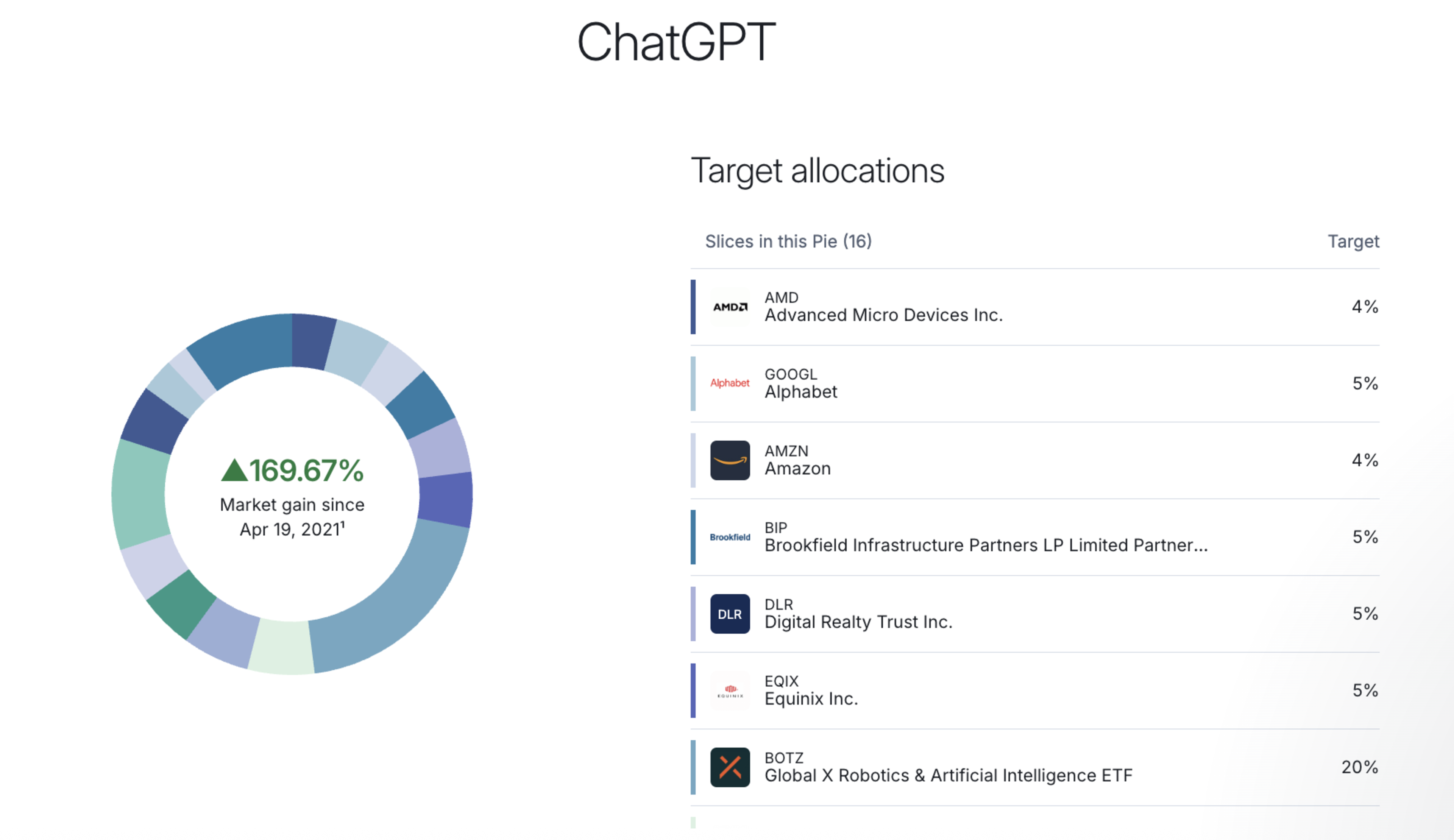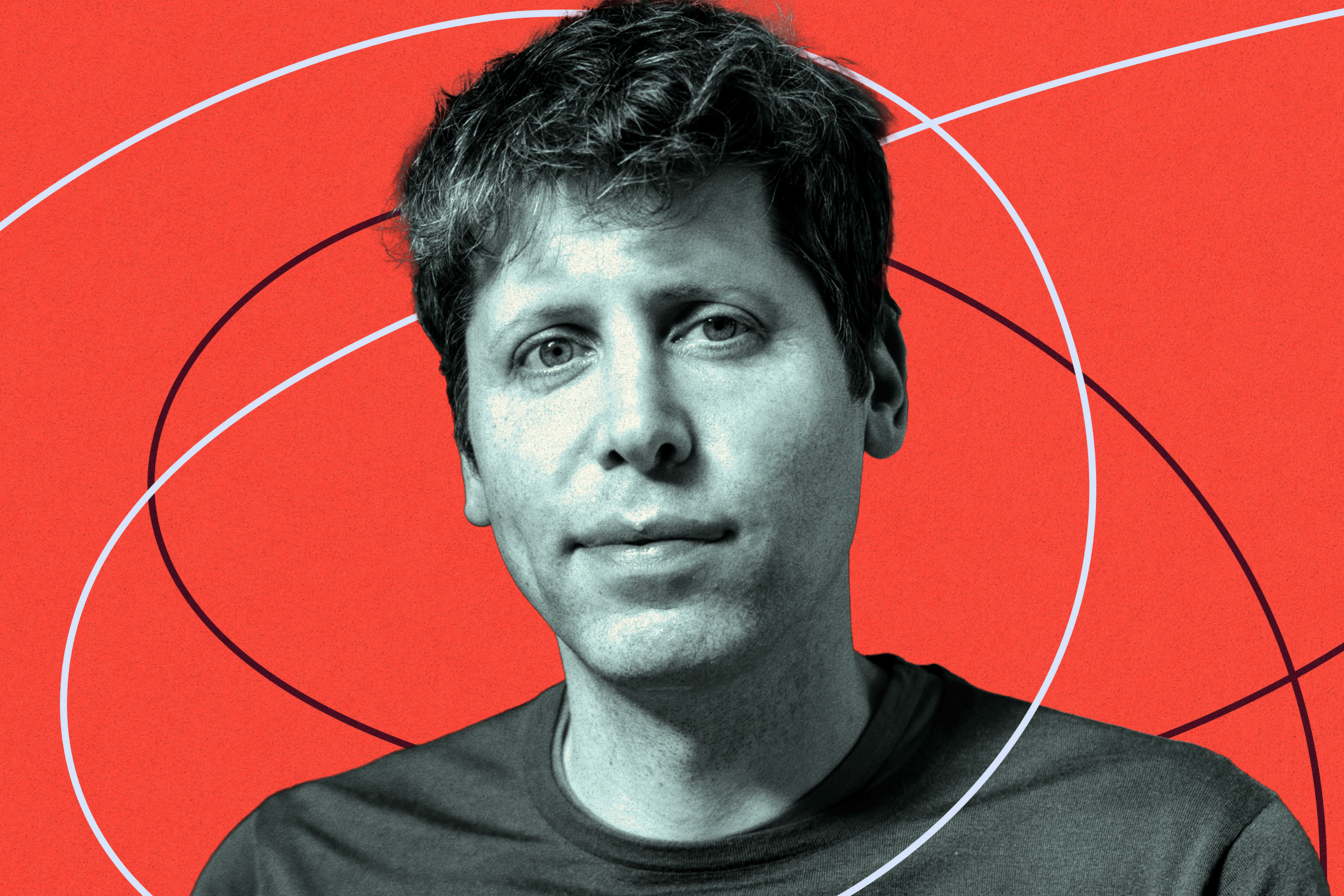Last year, startup founder Harpaul Sambhi made an unusual request to his wealth manager: He asked to have 10% of his portfolio returned to him.
It wasn’t for a flashy sports car or a down payment on a house. Sambhi had something different in mind: a contest. He wanted to pit his human wealth manager against ChatGPT to see which brought him better investment returns.
“It was really out of sheer curiosity,” said Sambhi, who runs the agentic AI platform Magical and lives in Marin.
Sambhi asked Deep Research — an AI agent within ChatGPT that produces intensive reports with citations — to identify companies supplying the backbone of the AI boom. The chatbot returned names such as Nvidia, Taiwan Semiconductor Manufacturing Company, and mining firms he’d never heard of. He used his nest egg to buy stakes in the companies.
Sambhi was prepared to lose money on the experiment — and he did, in relative terms. In the past year, his ChatGPT portfolio has delivered a 35% return, while his wealth manager has outperformed it with gains in the 40% range. (The S&P 500 index has risen around 15% since November.)
Since ChatGPT’s launch in 2022, chatbots have taken on many roles, including therapist, fertility adviser (opens in new tab), and even romantic partner (opens in new tab). Now, Sambhi is part of a growing number of people who are testing the limits of AI as an investment adviser.
Two-thirds of adults who have used generative AI said they had asked it for financial advice, and around 80% of those who acted on that advice said it had improved their financial situation, according to a recent survey from Intuit Credit Karma (opens in new tab). Younger people are turning to chatbots at even higher rates — around 82% of Gen Z and millennial AI users reported leaning on it for financial guidance.
Concerningly, though, the survey also found that more than half of respondents who acted on financial advice offered by AI said they had made a poor financial decision or a mistake in trying to follow the guidance.
“It can be helpful, but extremely risky, to pick stocks based on chatbots,” said Yaniv Konchitchki, a professor at UC Berkeley Haas School of Business and a professional macro forecaster for the Federal Reserve.
The ‘secret sauce’
Daniel Padilla, a San Francisco-based finance graduate who works at an energy startup, said growing anxiety about AI’s impact on the labor market prompted him to rethink his traditionally conservative investment strategy.
“I was thinking, if AI is going to drive the cost of labor to zero, who’s actually going to make money? Probably the companies using AI the best,” Padilla said.
So he turned to the machines themselves for advice. Padilla asked four chatbots to design a stock portfolio that could outperform the market as the white-collar job apocalypse unfolds. Two of the chatbots refused to play along; Padilla said he “bullied” Perplexity and ChatGPT — both of which were initially reluctant to give him specific investment advice — into generating detailed portfolios.

Perplexity suggested 11 investments, including 15% in the robotics and AI exchange-traded fund BOTZ, 15% in the Vanguard Value exchange-traded fund, and 5% in Palantir. ChatGPT suggested 16 investments, including 20% in BOTZ, 10% in the semiconductor exchange-traded fund SMH, and 6% in Nvidia.
Padilla followed the chatbots’ investment advice, opening two accounts with $500 each and setting up weekly contributions of $75 to both.
“I went into this thinking it was kind of like gambling, but it’s turning out to be more serious than I expected,” Padilla said. He now has $10,000 invested across both portfolios and recently raised his weekly deposits to $150.
His Perplexity portfolio is up 49% since he opened the account in March, while his ChatGPT portfolio is up 52%. (The S&P 500 index has risen around 22% over the same period.) One of his friends has followed suit, investing even larger sums using the same strategy.
Despite the impressive returns for Padilla, experts say AI chatbots lack the “secret sauce” that leads to consistently outsize returns.
“If you told me you were using ChatGPT to beat the market, I’d ask: What’s your information edge? Because without one, the AI is just repackaging the consensus,” Konchitchki said.
The risk is that as more investors rely on the same AI-generated advice, their behavior becomes synchronized, leading to what economists call a “liquidity illusion.” This could lead to “mini flash crashes” powered by a range of AI systems reading the same headlines.

Another concern among economists is that chatbots may deliver biased advice. A study by UC Berkeley researchers (opens in new tab) found that when chatbots aren’t given demographic information, their preferences tend to skew toward investing more in stocks and keeping less cash — a reflection of the habits of young, high-income men. The good news, said Anastassia Fedyk, one of the study’s authors, is that if users relay their demographic information, the chatbots do a better job matching their preferences.
Hersh Shefrin, a professor of finance at Santa Clara University, tells students to be cautious of advice they receive from chatbots.
“Ask yourself who is on the other side of your trades, and whether those taking the opposite position are pros with access to better AI than you,” Shefrin said.
For Sambhi and Padilla, using chatbots to help with investing is going to remain a hobby. Though Sambhi runs an AI company, he said he finds comfort in having a human wealth manager who also helps with financial planning and tax optimization.
Padilla said he isn’t under any illusion that ChatGPT is a replacement for his retirement plan. The majority of his savings remain in index funds.
“If the AI bubble pops,” he said, “these two portfolios are going to get absolutely decimated.”

